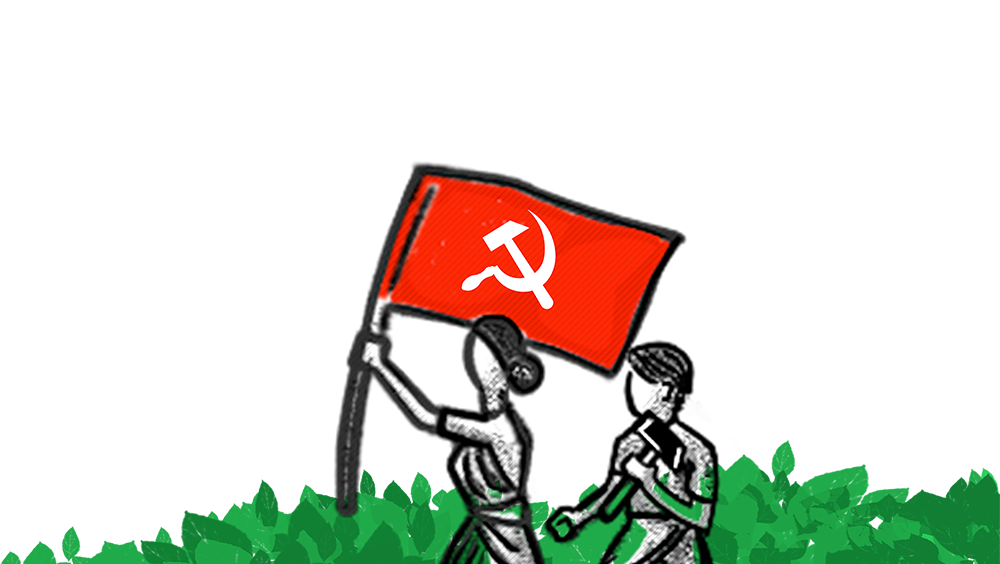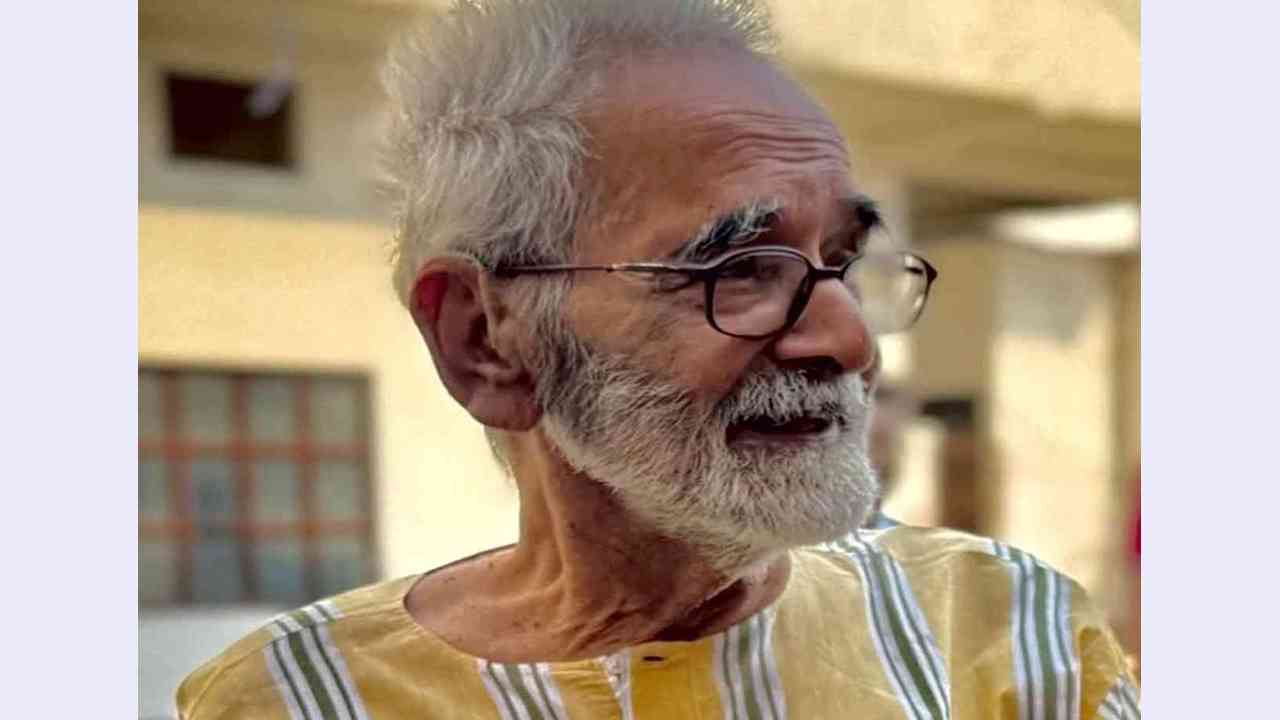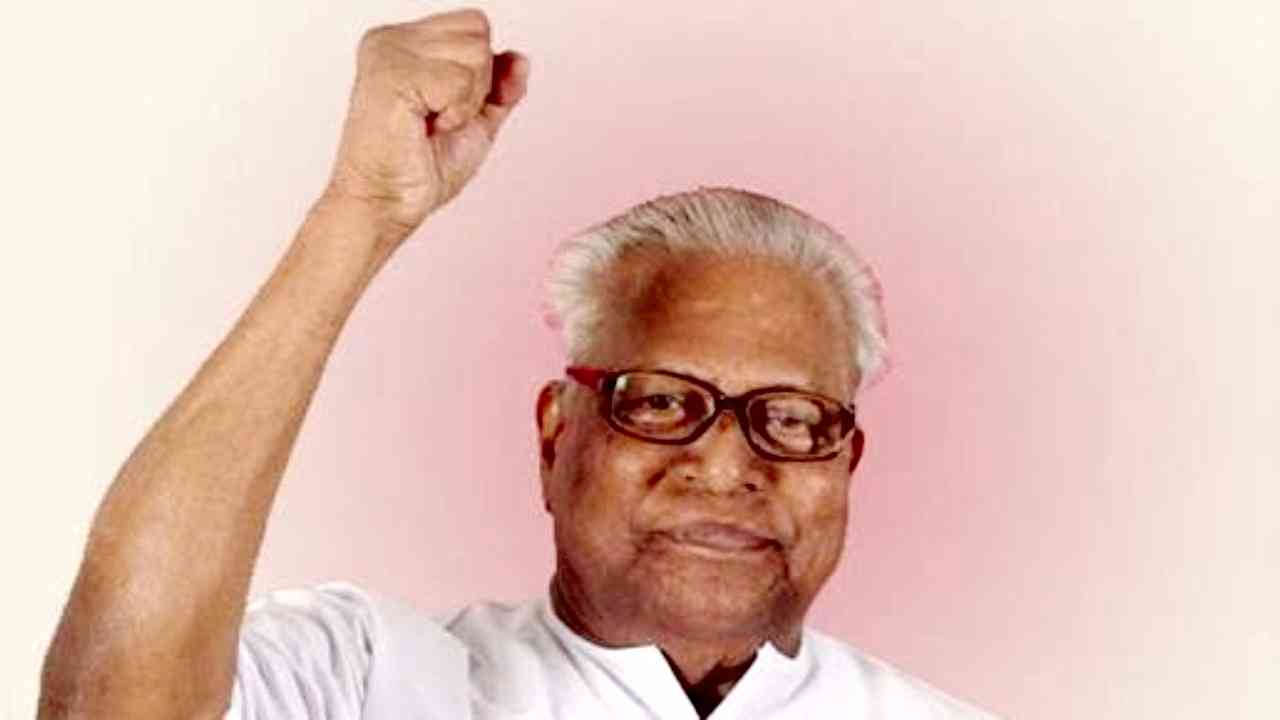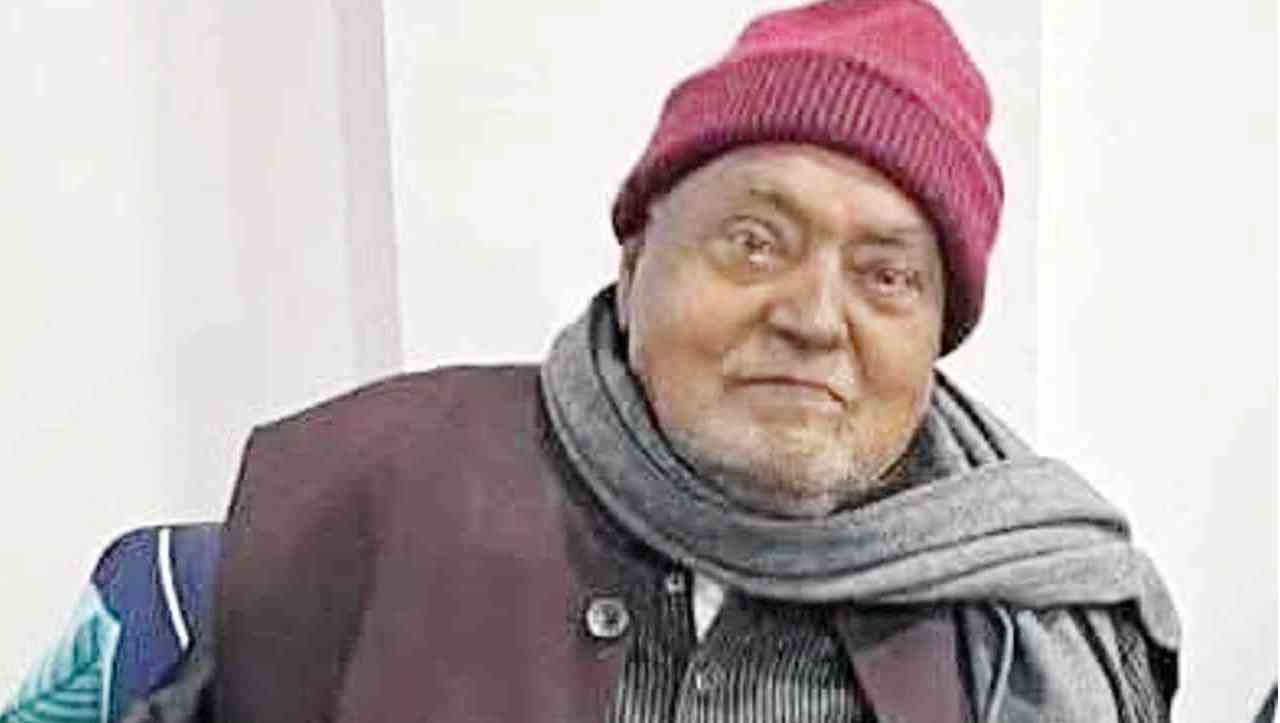We present here an abridged version of Comrade Dipankar Bhattacharya’s inaugural speech:
After seventy-five years it is now very clear to all of us that our republic today is a beleaguered republic. There are unprecedented attacks on every aspect of the Constitution, on its very vision of a sovereign, socialist, secular, democratic republic which promises to every Indian social, economic, and political justice; equality; liberty; and fraternity. The Union Government is waging a relentless war on the very constitutional framework of the Indian Republic hence it is important to talk about states' rights and autonomy.
The Constitution is written by “We, the people of India”, that is why when we talk about states’ rights, those rights must actually be extended to the people, and that’s why I like this name, Makkal Adhikaram - People’s Power or Rights.
The word federal is not there in the preamble of the Constitution, and we know that the constitution which Babasaheb Ambedkar actually wanted to write, was in the draft called “States and Minorities” which he had submitted to the Constituent Assembly in March 1947 on behalf of the Scheduled Caste Federation. This was more explicitly federal. In that he envisioned India as the United States of India. He had a vision for minorities where Dalits were also considered to be a minority, not just Muslims and other religious minorities. Dalits as a minority, actually need the greatest amount of constitutional support and protection. Dr. Ambedkar had a different vision of minorities and of states, with a clear vision of uniting them in a democratic republican framework. The constitution which eventually got adopted guaranteed federalism in a more implicit form.
When inducted into the Constituent Assembly Babasaheb Ambedkar thought his job was to advocate and defend and fight for the interests of Dalits and the deprived people. He never thought that he would be asked to chair the drafting committee and take the responsibility for the entire constitution, but as it happened, he was made the chairman and he had to draft the entire constitution, and that meant that at that time, in that situation, in the given balance of forces, the constitution that could be passed, got passed. It was not an ideal constitution that Babasaheb Ambedkar actually wanted, but an approximation and a step forward. But we must understand that the constitution is not a frozen document but a dynamic statement, a manifesto of our times. Its Preamble, “We, the people of India, having solemnly resolved to constitute India into a sovereign, socialist, secular, democratic republic” is a call to action for the Indian people. With that spirit we must today defend the constitution with all our might.
Today, there are two types of states in the Modi era. BJP or NDA-ruled states are glorified as double-engine governments while non-BJP ruled governments are targeted and harassed in all possible ways. The biggest attack on federalism was witnessed in the case of Jammu and Kashmir, where the state was stripped of not only its unique constitutional status as provided under Article 370, but of its very statehood and bifurcated into two Union Territories. In a similar attack on Delhi, the rights of the elected government were denied by the Lieutenant Governor and after the Supreme Court upheld the rights of the Delhi government, the Modi government negated the Supreme Court order with a discriminatory legislation that made a complete mockery of the spirit of the Constitution and the Modi government's own rhetoric of cooperative federalism. In Tamil Nadu the attack is felt everyday in every arena, including language and education. One classic example is the role of the Governor who refused to give assent to bills passed by the state assembly. The Supreme Court rightly called it an unconstitutional action and hence the Governor has absolutely no right to continue in the office, and yet, that never happened. The Vice President is attacking the Supreme Court, saying it is using its power of judicial review like a nuclear missile. A BJP MP accused the Chief Justice of being responsible for a civil war in this country. The new Chief Justice Gavai, India’s second Dalit and first Buddhist Chief Justice has got 14 referrals from the President’s office virtually challenging the Supreme Court’s power as the custodian of the constitution.
While non-BJP ruled states face discrimination and obstruction, the so called double engine driven states are just abandoned when they face some crisis. Manipur has been burning for nearly two years with absolutely no governance; and now to avoid all accountability the state has been placed under President’s Rule. In Jammu and Kashmir, the Union Home Ministry is responsible for security, but when the Pahalgam happened, the government refuses all accountability.
Should we really be surprised at the kind of attack which we see on the Constitution today? The RSS - is a hundred-year-old organisation formed in 1925 - did not take part in the struggle for independence from British colonial rule. At the time of the adoption of the Constitution, the RSS in its mouthpiece The Organizer wrote an editorial completely denouncing and rejecting the Indian Constitution. They said there is nothing “Indian” about this Constitution and wanted Manusmriti as India's Constitution. That was 1949 when they were very, very clear and open about it.
It so happened that after the assassination of Gandhi, when the RSS was banned, then they had to give in writing, Okay, we will accept the Constitution, we will be like a cultural organisation, and the government of India withdrew the ban.
If you read the “Bunch of Thoughts” by Golwalkar, you will understand that there is absolutely no federalism. They are against any kind of federalism. Their vision of India is like a big empire. For them Modi is like an Emperor, not considered to be the prime minister of an elected republic. They consider the government as “our rule, our empire” and the states are nothing but glorified municipalities. Hence all power is completely centralised by various means. The complete concentration of wealth and centralisation of power, are the two things happening aggressively today. This is very much built into the RSS philosophy, its view of India, and its politics.
When the constitution was being adopted Ambedkar gave us enough warnings. He said it is not so much about whether the Constitution is good or bad; it is about the people who are called upon to administer the Constitution. If you give a good constitution to a bunch of bad people, what outcome do you expect? A bunch of bad people will definitely destroy a good Constitution. Ambedkar made it very clear that this Constitution of India is a top dressing of democracy on an undemocratic Indian soil. Which obviously meant that Ambedkar gave us the task of democratising the soil, otherwise that undemocratic soil will tear the democratic top dressing apart. This he said in 1949. Then, before 1947 he had told us that if ever a Hindu Raj becomes a reality in India, that will be the greatest calamity. He was telling this to Dalits, and the entire deprived and marginalised people of India, that there will be no democracy under a Hindu Raj. We are facing that calamity today, which is what we call Indian fascism.
This constitution emerged from the legacy of centuries of struggle in India. Part of it we know as the Freedom Movement, part of it we know as the anti-caste struggle, against patriarchy, against caste domination, against every kind of injustice. India has been fighting for change, for liberation, for emancipation, for justice, and for equality for centuries. Especially India’s achievement from 1857 to 1947, the 90 years of continuous and focused resistance which we know as India's freedom movement, is under threat because fascism is trying to demolish democracy and federalism, to turn India into a colony of concentrated corporate loot and plunder. They are denouncing the entire legacy of the freedom movement. We heard Mohan Bhagwat who says that India got real independence only with the consecration of the Ram Mandir in Ayodhya. So for them independence was not achieved on August 15th, 1947, it was achieved on January 22, 2024, when the Ram Mandir was consecrated.
The nationalism in India that developed through the anti-colonial movement was inclusive, secular and anti-imperialist. That nationalism emerged from the first war of India's independence in 1857, gave us a song which declared, very loud and clear, that India belongs to us; we are the owners of India. We had such a clear statement of popular sovereignty and bold expression of inter-religious harmony in 1857.
We must protect this legacy and defeat the degeneration of nationalism in the hands of the Sangh-BJP brigade. If nationalism loses its inclusive and secular character and anti-imperialist spirit, it will weaken and imperil India's national unity. We must not allow our government to surrender to the Trump administration, the United States, the biggest imperialist power today, this degeneration of Indian nationalism will destroy India's federalism. We need to once again reignite that spirit of patriotism, the spirit of anti-imperialist, inclusive, secular nationalism in India. We need to wage a very resolute, united and broad-based struggle in defence of the constitution, in defence of democracy, and in defence of the inclusive anti-imperialist legacy of India's freedom movement.
Tamil Nadu is a treasure house of the rich legacy of India's quest for an egalitarian social order. Here we had our first trade union formed by Singaravelu. This is the land of Periyar where anti-caste anti-patriarchal struggles have struck deep roots.
Such legacies give us the power to envision an India united with all our diversity and a truly liberated and powerful people exercising their full range of democratic rights. The answer to the present crisis is a more robust democracy with robust federalism. More power to the people. Victory to people's struggles.





